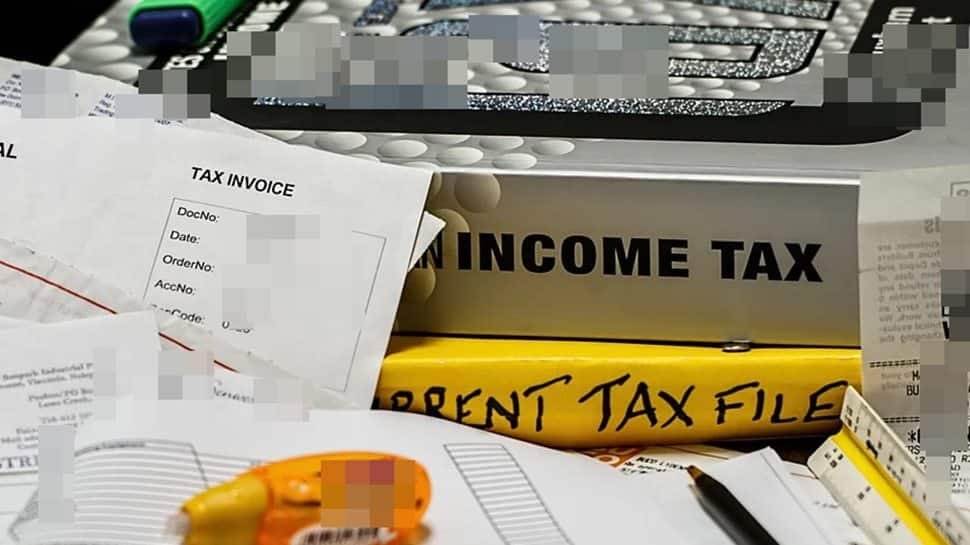The Income Tax filing season has now entered the penalty phase, wherein those who failed to file their returns by July 31 are now required to pay a penalty to complete their returns. The Income Tax Department said earlier this month that timely compliance by taxpayers and tax professionals has led to a significant increase in filing of Income Tax Returns (ITRs), setting a new record for ITRs filed before July 31, 2024. The total number of ITRs filed for the Financial Year (AY) 2024-25 crossed 7.28 crore, marking a rise of 7.5% compared to 6.77 crore ITRs filed on the same date for AY 2023-24.
Claims made online and offline
Now, with millions of taxpayers filing their returns, the Income Tax department has made several changes to its website to make the user experience smoother. Amidst this, it was stated that all Indians, including those travelling abroad, need an Income Tax Clearance Certificate. It was stated that those who opt to travel abroad must possess the Income Tax Clearance Certificate. The tax department had already made a statement in this regard, but today, the Central Board of Direct Taxes (CBDT) released another statement to clarify the rules for everyone and clear the misinformation being spread online and offline.
New statement on CBDT
“There appears to be misinformation regarding the said amendment, which is due to incorrect interpretation of the amendment. It is wrongly reported that all Indian citizens are required to obtain an Income Tax Clearance Certificate (ITCC) before leaving the country. This stance is factually incorrect,” the CBDT said.
CBDT issues clarification regarding Income Tax Clearance Certificate (ITCC).
It is wrongly reported that all Indian citizens must obtain ITCC before leaving the country. This position is factually incorrect.
See Finance Act (No. 2) of 2024, Black Money… photo.twitter.com/tadFVQr99F— Income Tax in India (@IncomeTaxIndia) August 20, 2024
What the rules say
Section 230(1A) of the Income Tax Act, 1961 (the ‘Act’) relates to the obtaining of tax clearance certificate, in certain circumstances, by persons domiciled in India. The said provision, in its present form, was incorporated into law by the Finance Act, 2003 with effect from 1st June, 2003. The Finance (No. 2) Act, 2024 has made only one amendment in Section 230(1A) of the Act, by which a reference to the Black Money (Undeclared Foreign Income and Assets) and Imposition of Tax Act, 2015 (the ‘Black Money Act’) has been inserted in the said Section. This insertion has been made to cover also the liabilities under the Black Money Act in the same manner as the liabilities under the Income Tax Act, 1961 and other laws dealing with direct taxes for the purposes of Section 230(1A) of the Income Tax Act, 1961.
According to Article 230 of the Act, not all persons are required to obtain a tax payment certificate. Only certain persons, in respect of whom there are circumstances that make it necessary to obtain a tax payment certificate, are required to obtain such a certificate. This position has been in the law since 2003 and remains unchanged even with the amendments of the Finance Act (No. 2) of 2024.
“The CBDT, by its Instruction No. 1/2004, dated 05.02.2004, has specified that tax clearance certificate under Section 230(1A) of the Act, may be required to be obtained by persons domiciled in India only in the following circumstances: (a) where the person is involved in serious financial irregularities and his presence is necessary in investigation of cases under the Income Tax Act or the Wealth Tax Act and a tax claim is likely to be filed against him, or, (b) where the person has arrears of direct tax exceeding Rs 10 lakh pending against him which have not been suspended by any authority,” the CBDT said.
How to obtain the tax clearance certificate?
According to the CBDT, a person can be required to obtain a tax clearance certificate only after recording the reasons for the application and after obtaining approval from the Chief Commissioner of Income Tax or the Principal Commissioner of Income Tax. Persons required to apply for the certificate can obtain it from the Income Tax Department by making a written request online or offline.
Disclaimer:
The information contained in this post is for general information purposes only. We make no representations or warranties of any kind, express or implied, about the completeness, accuracy, reliability, suitability or availability with respect to the website or the information, products, services, or related graphics contained on the post for any purpose.
We respect the intellectual property rights of content creators. If you are the owner of any material featured on our website and have concerns about its use, please contact us. We are committed to addressing any copyright issues promptly and will remove any material within 2 days of receiving a request from the rightful owner.

